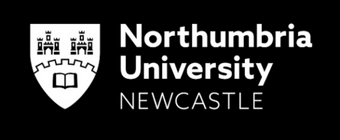Northumbria University's Food Science and Nutrition degree course will provide you with the necessary scientific understanding of food science and human nutrition to take the next step into your chosen career. You’ll be introduced to food safety and quality, food sensory analysis, new product development, food processing and preservation, as well as applied and practical nutrition skills and clinical nutrition and dietetics.
Our Food Science and Nutrition degree also offers flexibility as you can opt for a specialist pathway of study after your first year - meaning you can either continue with BSc Food Science and Nutrition, or choose to specialise in BSc Human Nutrition which has an emphasis on developing proficiency in nutrition specific professions and is accredited with both the Association for Nutrition and the Institute of Food Science and Technology (IFST).














